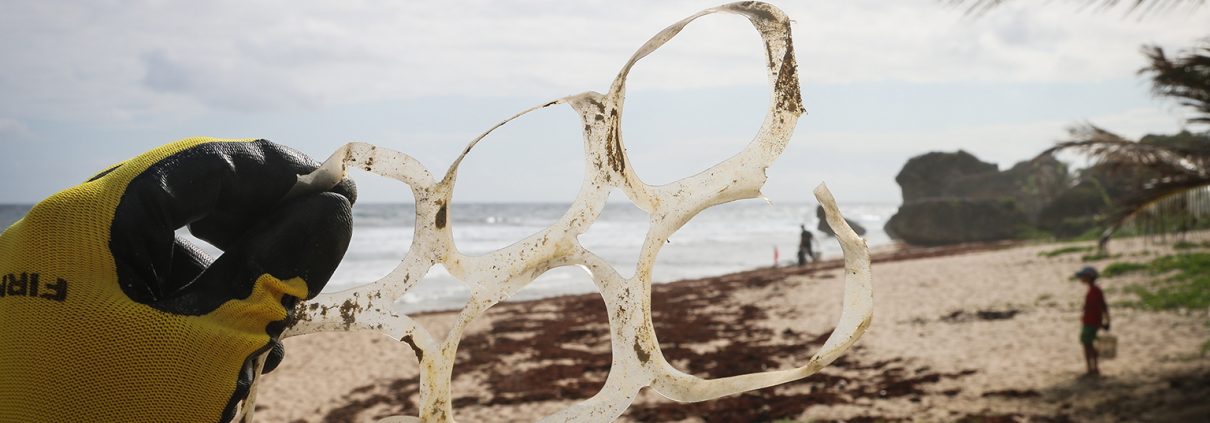In grad school, I obtained a minor degree in Risk & Uncertainty Quantification in Marine Science as an NSF National Research Traineeship fellow (NRT program). In this program, I was trained in quantifying and communicating risk and uncertainty, as well as using this information to inform decision-making. One of the most important lessons I learned was the need to be fully transparent about the uncertainty of your scientific results, and to carefully communicate this information in a manner that does not paralyze or deter timely decisions. While this lesson seems obvious, I wasn’t convinced I would ever use this lesson in my career. That thought quickly changed when I was chosen to convene an OPC-SAT Microplastics Risk Assessment Working Group as my very first OST project.
The goal of this working group was to develop a risk assessment framework for microplastic pollution and provide scientific guidance for how the State might address this emerging issue. A risk assessment is a well-established scientific process to assess the likelihood of adverse effects or outcomes from a stressor (e.g. microplastics). Yet, using risk assessments to drive decisions relies on adequate knowledge (and data!) to estimate risk. One of the hurdles the working group had to overcome early on in this project was the lack of California-specific data challenging their ability to provide guidance with much certainty.
The science of microplastics may not be fully matured yet, but the working group argued that we know just enough to say with confidence that microplastics are in fact harming some marine life. Therefore, while we may not have the knowledge or data to quantify risk, the working group understood the importance of not allowing these data gaps and uncertainty to prevent the State from taking action, especially until more harm occurred. Recognizing the urgency of this issue, the working group recommended the State take a precautionary approach to assessing risk and managing microplastic pollution, including importantly, the need to stop microplastics at their sources before they even have a chance to enter our oceans and cause more harm.
We often assume we need to gather as much information and know everything about an issue in order to make well-informed decisions. Yet, this sentiment doesn’t always hold true, and as I experienced with this working group, sometimes being fully transparent and honest about what we do and don’t know can still lead to timely decisions on emerging issues. The working group clearly understood the need and the urgency of this issue to not allow these extreme sources of uncertainty derail progress.
You can view our final report here.




